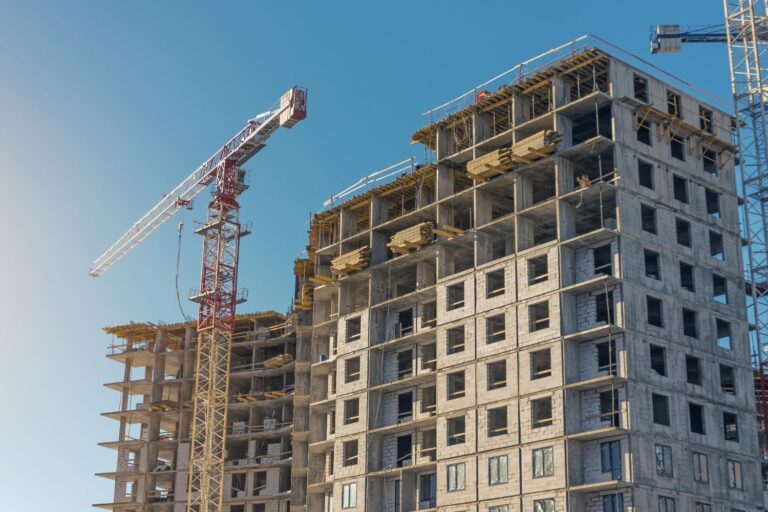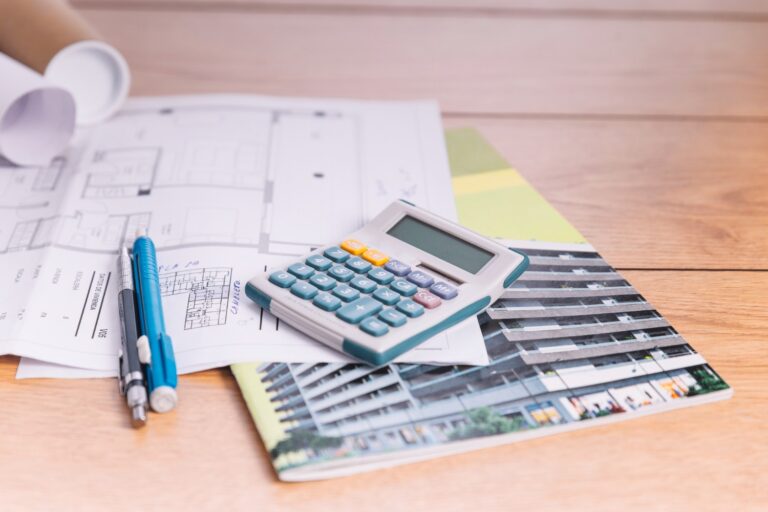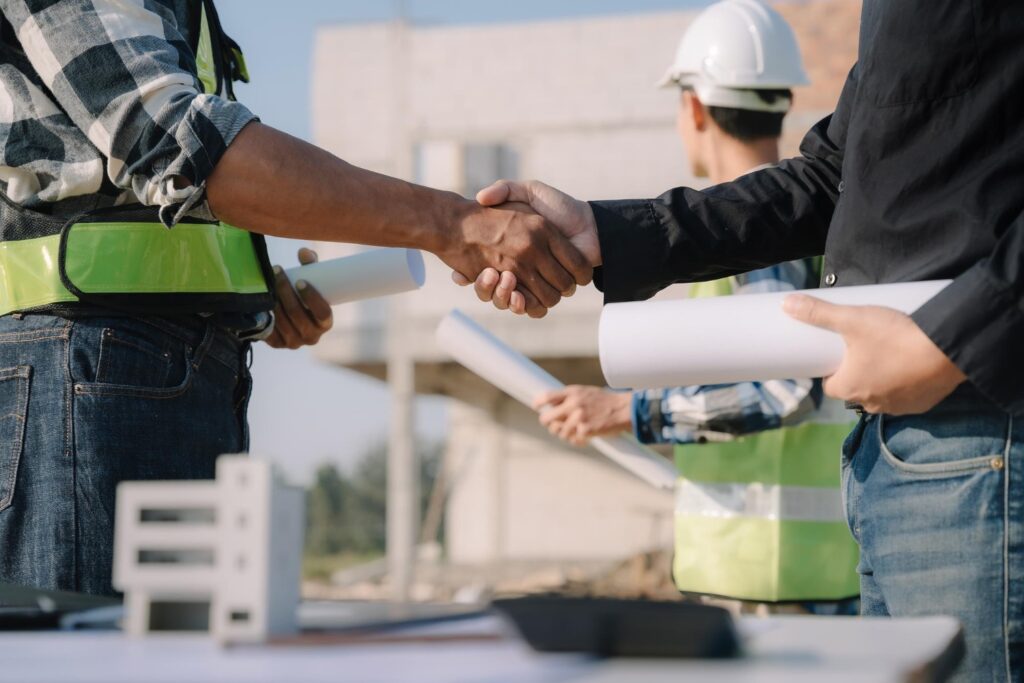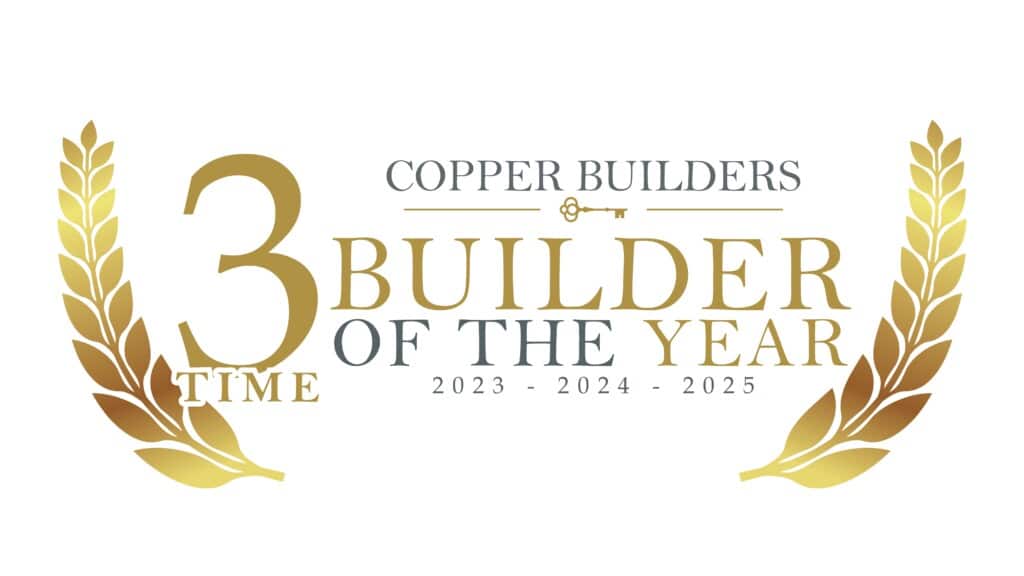Choosing the right contractor for a multifamily construction project is crucial to ensure the success and timely completion of the project. With so many contractors available, it can be overwhelming to make the right choice.
This article will discuss the key factors to consider when selecting a general contractor for your construction project. From experience and expertise to reputation and communication, we will provide a comprehensive guide to help you make an informed decision.
Factors to Consider When Choosing a General Contractor

Experience and Expertise
When choosing a contractor for your project, it is crucial to consider their experience and expertise. A good contractor should have years of experience and knowledge in the industry.
Consider factors such as the number of multifamily projects they have completed, the size and complexity of those projects, and the duration of their involvement in the multifamily sector.
A contractor with extensive experience is essential to ensuring your project’s success, as they will likely have encountered numerous challenges and developed effective solutions.
Their familiarity with multifamily construction codes, regulations, and best practices ensures the project progresses smoothly and complies with all relevant standards, mitigating potential risks and delays.

Reputation and References
Collecting first-hand feedback from the contractor’s past clients helps you make informed decisions and assess the contractor’s alignment with your project requirements.
Ask these questions when reaching out to references:
- Did they finish the project on time?
- Were there unexpected costs or budget overruns?
- How did they handle issues or challenges?
- Was communication with them effective?
- Would you hire them again?
- Did the final work meet your standards and expectations?
Reputable contractors have a history of delivering high-quality work and maintaining strong client and subcontractor relationships.
You can assess a contractor’s standing in the industry by learning about their construction history, such as past projects and their ability to meet deadlines.

Licensing and Insurance
Verify that the contractor holds all the necessary licenses and permits to conduct construction work in your area. Licensing requirements can vary significantly by state and city, so confirming their compliance with local regulations is crucial.
You can request copies of their licenses and cross-reference them with the appropriate local authorities.
Beyond licenses, insurance coverage is equally important. Ask for copies of their insurance certificates, focusing mainly on liability and workers’ compensation insurance. Liability insurance protects you from potential financial liabilities from accidents or property damage during construction, while workers’ compensation insurance shields you from liability in the event of worker injuries.
Scrutinizing these documents assures that you are partnering with a responsible and well-prepared contractor who can effectively manage risks and ensure the smooth progress of your multifamily project.

Project Management and Communication
An ideal contractor will have a well-defined project management process with clear timelines, regular progress updates, and efficient resource utilization. Their ability to plan, organize, and execute multifamily projects is crucial for meeting deadlines and staying within budget.
Inquire about their communication processes with subcontractors, suppliers, and on-site workers and how promptly and transparently they respond to your inquiries. A contractor who values open and honest communication can help mitigate potential issues, keep all stakeholders informed, and foster a collaborative atmosphere.
You should also discuss their approach to handling problems such as delays, unforeseen issues, and changes. Multifamily construction projects can be inherently complex, presenting unexpected challenges that require problem-solving skills and flexibility to adapt to changing circumstances.

Cost and Budget
Efficient cost management is crucial to the financial success of a project. Request comprehensive project proposals and detailed cost estimates from reputable contractors.
These proposals should include a thorough breakdown of all costs, from materials and labor to permits and subcontractor fees. Having multiple estimates allows you to make an informed comparison. It ensures you are not overpaying for any aspect of the project.
Contractors may have different approaches to budgeting, so it’s essential to scrutinize the proposals. Ensure the estimates align with your project’s scope, budget, specifications, and quality standards.
Contractors who can offer cost-saving suggestions without compromising quality are the best choices.

Timeline and Schedule
Adherence to timelines is critical for ensuring timely completion of a project. Discussing the project’s expected timeline with each contractor is essential. Share your goals and objectives for project completion and gauge the contractor’s ability to align with your project schedule.
Inquire about their track record in meeting deadlines and strategies for handling potential delays. Multifamily projects often involve intricate planning and coordination, and any delays can have cascading effects on costs and occupancy.
An ideal contractor will have contingency plans to mitigate potential delays, demonstrating their commitment to keeping the project on track.

Quality of Workmanship
The quality of construction directly impacts any project’s longevity, marketability, and overall success, which is why it should be a top priority.
Assess a contractor’s workmanship by inspecting completed projects. This hands-on approach allows you to measure the quality of their work directly. Pay attention to the finishing details, structural integrity, and overall craftsmanship.
Examining previous work can offer valuable insights into their commitment to delivering high-quality results.
Reputable contractors are transparent about the materials they use, ensuring they meet industry standards, and should have quality control processes and post-construction warranties in place.
Conclusion
Choosing the right contractor for your multifamily construction project requires careful consideration of various factors. Evaluating their experience, reputation, licensing, project management skills, cost, timeline, and quality of workmanship can guide you in making an informed decision.
Remember to thoroughly research and compare multiple contractors before making your final choice. With the right contractor by your side, your multifamily construction project should be a walk in the park.














